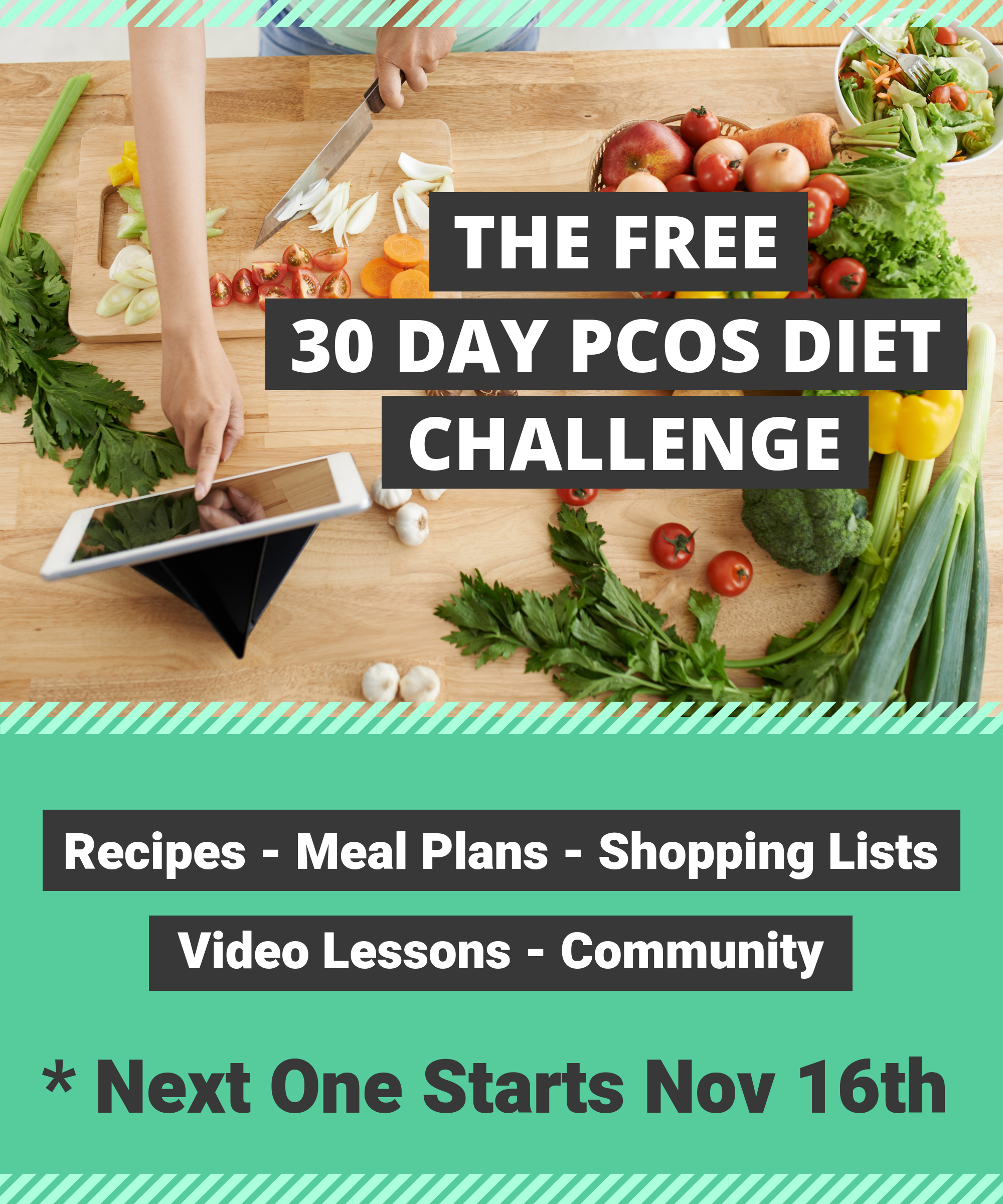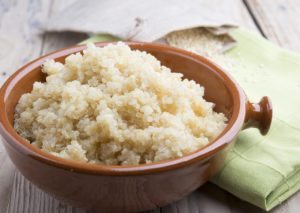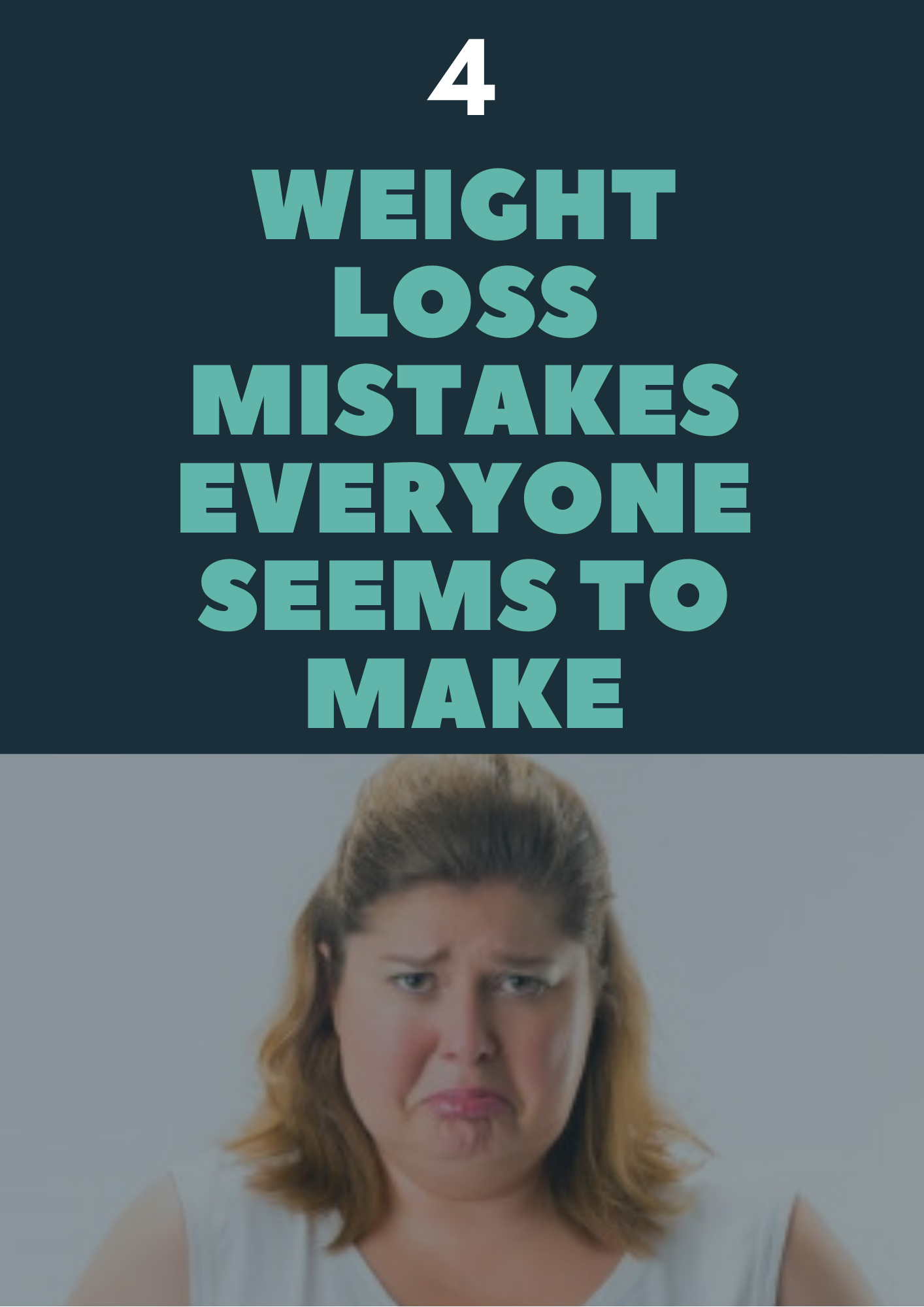LOSE 23 LBS IN 30 DAYS – 7 PCOS WEIGHT LOSS STRATEGIES
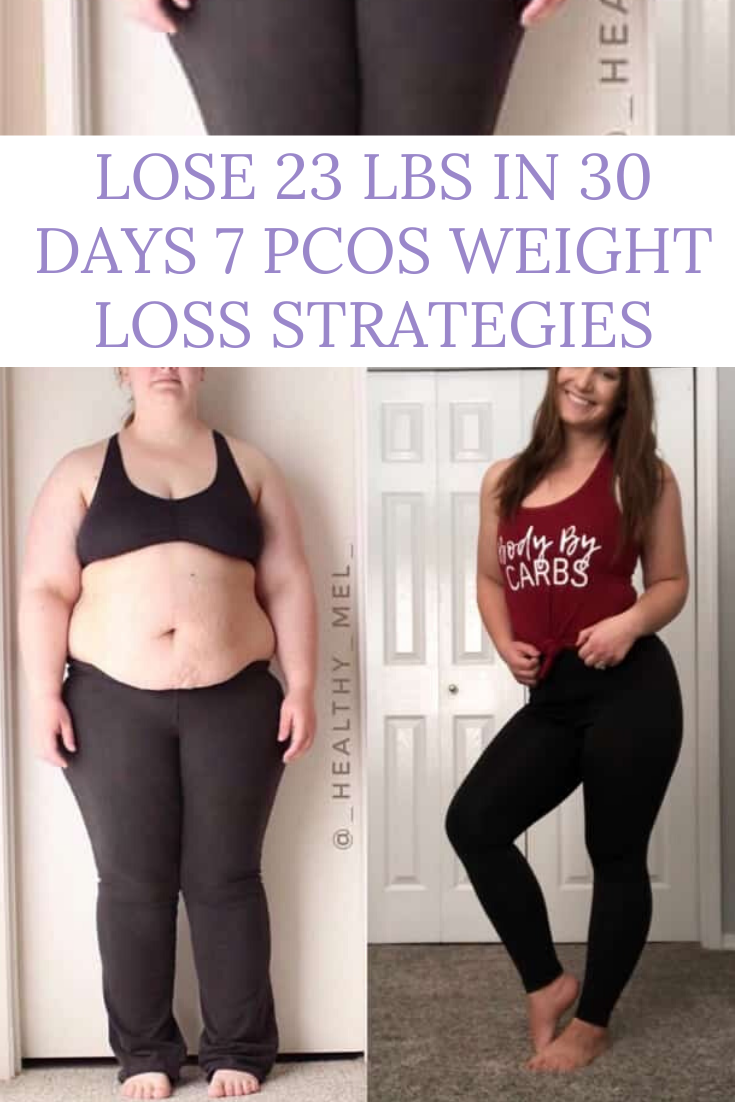
The worst advice you can give to a woman with PCOS is to eat less if they want to lose weight. This common solution is completely ineffective because it fails to acknowledge the way this unique condition works.
Three times a year I host a free, live 30 Day PCOS Diet Challenge where I provide free meal plans, PCOS friendly recipes, shopping lists, and nutritional videos to women struggling with PCOS. Having run this Challenge many times now, I have seen first-hand just how predictable and effective the right food choices can be for people wanting to achieve dramatic and sustainable weight loss results, even within just 30 days. You don’t need to starve yourself and you don’t need to put up with feelings of deprivation.
While my objective is to get people started on a long term lifestyle transformation to overcome all of their PCOS symptoms, it’s not uncommon for me to hear from women like Ashley, who lost 23 pounds in 30 days, or April, who lost 21 pounds during the Challenge and then went on to lose a further 40 pounds during my full 10 Week Program.
This is the one upside of a PCOS diagnosis. While you gain weight more easily than other women because of the underlying mechanisms of this disorder, when you treat your PCOS correctly, weight loss is a natural and easy outcome. Anyone can do it, you just need the right information and support.
If you suffer from PCOS and are ready to lose weight both quickly and for the long term, here are my top seven sustainable weight loss strategies that you can start following today:
1. LOSE THE DIET MENTALITY
Many of the women I meet describe themselves as frustrated failed dieters. What they don’t realize is that dieting has failed them, rather than anything they have done wrong. Restriction diets and calorie counting have been proven to not work with approximately two thirds of dieters gaining most of their lost weight back (plus some) over the long term (Mann et. al 2007).
Understanding the critical role that thoughts, beliefs, and feelings play in driving behaviors like emotional eating is essential to forming a healthy relationship with food that lets you shed pounds while still eating ‘til you’re full. During my 10 Week Program, I teach women how to embrace the principles of Intuitive Eating. This involves rediscovering the natural hunger and fullness cues you were born with to find true satisfaction from food without ever feeling like you’re being “good” or “bad”.
2. EAT LOTS OF HEALTHY FATS
One of the biggest nutritional myths ever perpetrated on society is the lie that fat makes us fat. This is especially true for women with PCOS. While many industrial fats and vegetable oils clearly cause cardiovascular and metabolic diseases, whole food sources of plant and animal fats can actually reduce the risk of heart disease (Mooney et. al 2012), reverse insulin resistance (Ryder et al. 2001), and help us lose weight particularly from around our stomach and thighs (Mumme and Stonehouse 2015; Blankson et al. 2000).
During the free 30 Day Challenge, I begin the process of resetting participant’s relationship with healthy sources of fat such as coconut oil, avocado, nuts, butter, meat, fish and eggs. This shows them how effective fat consumption can be in helping them lose weight by maintaining a lasting fullness and preventing the onset of sugar and carb cravings.
3. QUIT SUGAR
Consuming sugar and sugary carbohydrates is one of the most counter-productive things a woman with PCOS can do if she is trying to lose weight, and yet it’s also one of the most difficult dietary changes to make.
Neuroscience has clearly demonstrated that sugar can affect the pleasure centers of the brain more than cocaine (Ahmed et al. 2013). It’s no wonder we struggle with making this important first step. It really is that addictive.
While it’s always a difficult process, it is possible and there are a range of things you can do that make quitting sugar easier. Being surrounded by likeminded people is definitely an essential success factor. Supportive friends and family can make all the difference while online communities like my PCOS Support Facebook Group can also be a great motivational resource to keep you on track.
Another important ingredient is to eat really well and ensure you are getting the right balance of fat, protein and carbohydrates to minimize the onset of sugar cravings.
And if you just can’t live without a sweet treat every now and then, it is important to use the correct types of fructose free sweeteners plus combine them with plenty of fats and protein to lower the glycemic load like I do in my Beat PCOS Dessert Cookbook recipes.
People always tell me how much easier it is to quit eating sugar during the 30 Day Challenge compared to times in the past when they have tried before. Not only does this experience help participants discover how much better they feel when they are free from the effects of sugar, but it also gives them the motivation needed to sustain this lifestyle change for good once they know what success actually feels like.
4. EAT CARBOHYDRATES WISELY
Carbohydrates are a bit like drugs. They can be amazingly life-giving, or powerfully depleting depending on how you wield them. Knowing how to eat carbs wisely is also possibly the most confusing problem for women with PCOS as this is another key lever we can pull to lose weight.
People often ask me about the glycemic index and the ketogenic diet. Is bread okay? What about pasta? The list of questions is a reflection of just how much conflicting advice people are given, both online and by their doctors.
My recommendation is to eat approximately 4 oz (80 g) of carbohydrate whole foods like quinoa, black rice, and sweet potato with every meal. This simple prescription is a key part of the sustainable weight loss results achieved by tens of thousands of women who have completed my free 30 Day Challenge.
While eating even less carbs than this is also an effective way to lose weight quickly, having to exclude carbohydrates almost entirely is rarely sustainable or realistic for people over the long term. Most women who go down this path typically experience diet backlash and a growing sense of failure and hopelessness.
5. EAT PLENTY OF MEAT, FISH, AND EGGS
It is a misconception that you need to be underweight to be malnourished. In fact, many of the women I meet have low energy levels due to undernourishment which makes weight loss even more difficult for them. Sometimes this can be caused by poor nutritional habits due to a lack of time, money, or support, but it can also be caused by people mistakenly eating a plant based diet to help them lose weight.
It is indisputable that fish, meat, and eggs provide the most abundant and bioavailable supply of the nine essential amino acids we need for good health. They are a rich source of many micronutrients that are not readily available in plant derived foods such as vitamin B12, creatine, carnosine, and the Omega 3 fats, known as DHA and EPA. They also work perfectly with your body’s natural hunger and fullness hormones, which makes it hard to overeat them while providing a sustained satisfaction that reduces sugar and carb cravings.
As an animal lover through and through, I completely empathize with the moral argument against eating meat (I used to be a vegetarian for this very reason). But as someone with PCOS I have had to accept that there is no better way to easily obtain the diverse range of macro and micronutrients that meat, fish, and eggs offer.
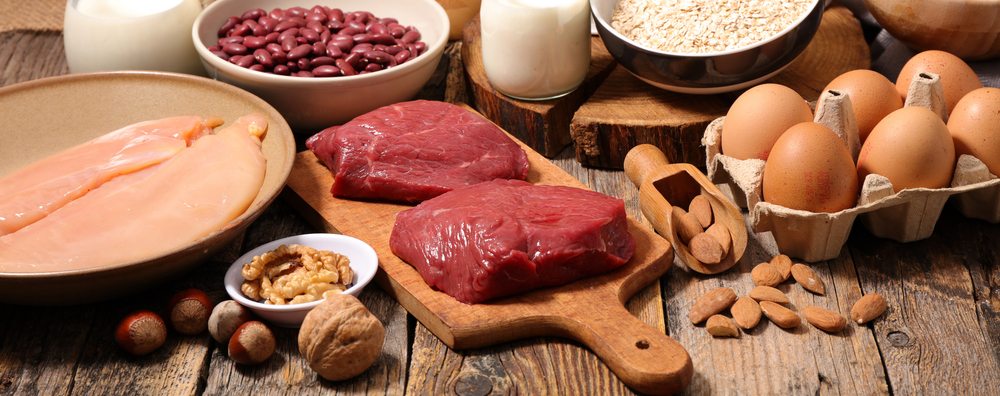
6. TAKE CARE OF YOUR GUT
Attending to your gut health is one of the most underrated interventions for overcoming PCOS, and losing weight. I see many women start the free 30 Day Challenge with signs of an unhappy gut such as acid reflux, bloating, and digestive issues. What few people realize is that these symptoms suggest that their diet is actually making their weight loss much more difficult to achieve by inflaming the underlying mechanism driving their PCOS.
Over the 30 days that people spend with me, I have them eliminate foods that are likely to be making their PCOS worse – namely dairy, gluten, and vegetable oils. I also nourish their healthy gut bacteria by prescribing foods in their meal plans that are rich sources of prebiotic compounds such as garlic, onions, snow peas, cabbage, and cashews. Other steps you can take to care for your gut and promote healthy sustainable weight loss include the regular consumption of probiotic foods, managing stress, and avoiding antibiotics unless absolutely necessary.

7. CONNECT WITH LIKEMINDED PEOPLE
It’s normal to feel like you’re the only one who has to go through the struggles of PCOS which is why finding online support like my PCOS Facebook Group, or creating your own local community of caring friends and family, is a key ingredient to overcoming PCOS and losing weight for good.
I have seen how powerful this strategy can be. During my live 30 Day Challenge when thousands of women from around the world come together online to implement my PCOS weight loss strategies all at the same time, the strength, spirit, and enthusiasm of this collaborative effort is completely captivating and provides an energy and motivation that is a rare treasure to find.
LET YOUR TRUE SELF SHINE
If you are tired of short term diets that see you fall back into old habits as soon as the diet is over, you need to know that there is another way. You don’t need to put up with bad advice or to continue suffering from the ravages of PCOS because the answers are readily available to you now. It’s just a matter of finding the right advice and then getting the support you need to put it into practice.
Rather than continue to battle with your weight using dieting approaches that you know don’t work, when you eat in a way that supports your PCOS, you will experience dramatic and sustainable weight loss as a natural, effortless result. If you take care of your body, your body will take care of the weight for you. There’s simply no need to feel hungry or deprived.
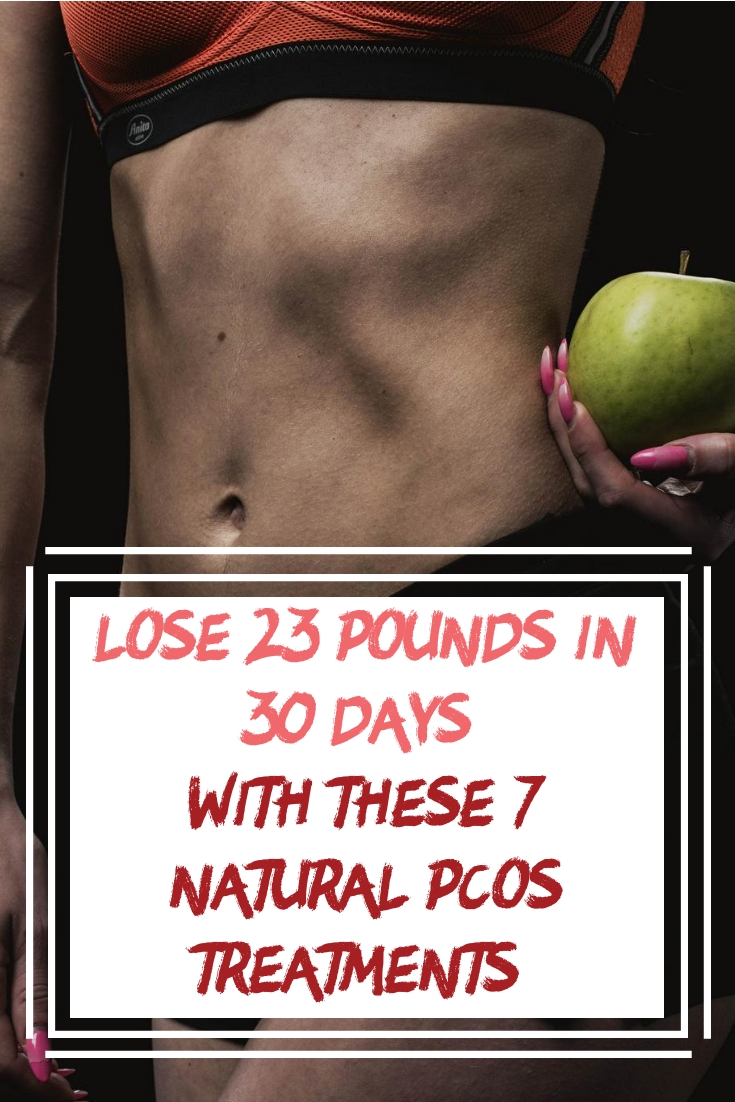
Source: smartfertilitychoices.com
